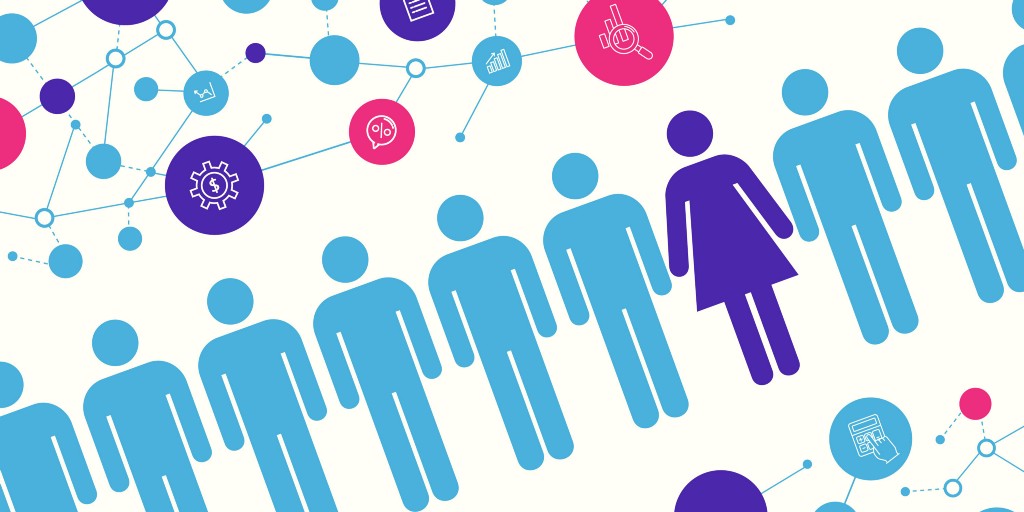Why you need more women in data science nowMade with ❤ by Formulate.by
Meet the initiative which helps companies set a better habit to generally consider women for data-intense roles — DSSe ❤. BIG Thank you to Amarita Natt, Sr. Economist at Econ One Research for writing this post and helping us kick off DSSe, an initiative focused on elevating women in Data.
Everyone in Data Science has encountered job listings that ask for the unicorn: someone who is an expert in programming languages and computer science, statistics and econometrics, and business. Oh, and if you can do compelling data visualizations too, that would be great. There are probably people out there who combine all those traits, but they’re few and far between. As the field has evolved, job descriptions have become more specific to one of those fields, and the most successful Data Science teams are exactly that: teams. These teams benefit from specialization and collaboration. An engineer might be in charge of collecting, cleaning, and maintaining the data. A statistician or economist might be running analysis on the data, such as predictive models. There might be a visualization expert figuring out how best to communicate the insights produced by the models, and a business leader guiding the question of interest. At all of those levels are humans, making decisions about the data that is collected, the questions that are asked, and the insights that are delivered.
Data Science teams are successful because each member brings their own training, experience, and perspective to the table. It seems obvious that having a diversity of skillsets allows for more creative problem solving, but often that conclusion is not extrapolated further, to recognize that a diversity of life experience also strengthens a team.
Our world is shaped by algorithms and models, absorbing data and churning out insights at incredible rates. Everything from which television shows are renewed to which groceries are stocked at your local store are determined based on the results of data modeling. Those are relatively innocuous outcomes, but data modeling is also determining how police resources are distributed and whether an individual convicted of a crime is likely to re-offend. In a perfect world, where data had no bias and models didn’t require human input, that might result in optimal outcomes, but we don’t live in that world. Models are only as good as their designers and data doesn’t know what it hasn’t seen.
Even more fundamentally, it is data scientists who are framing the very questions that are considered worth exploring through data.
#women-in-tech #diversity-in-tech #data analysis
